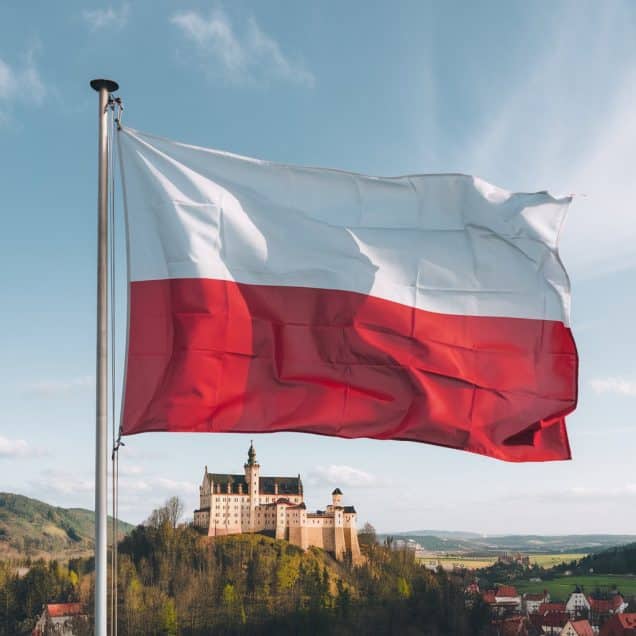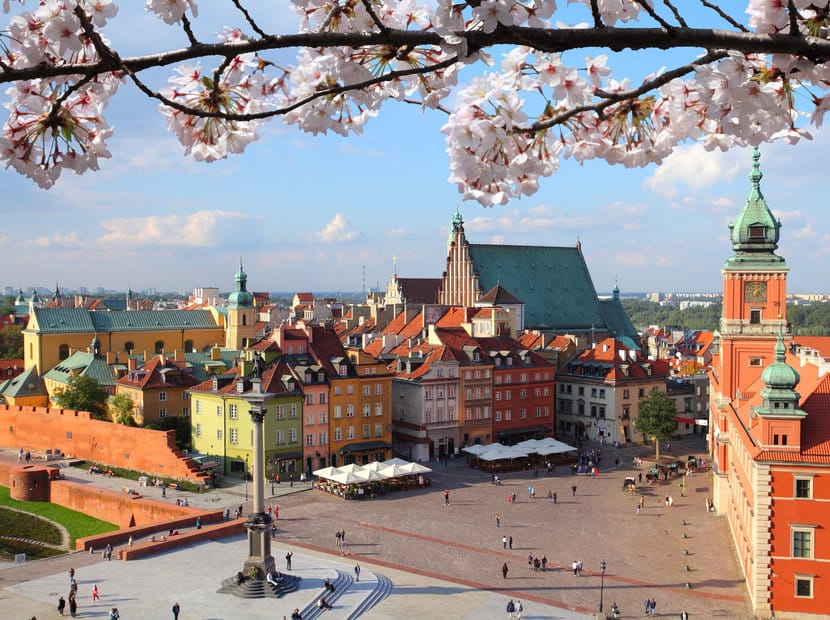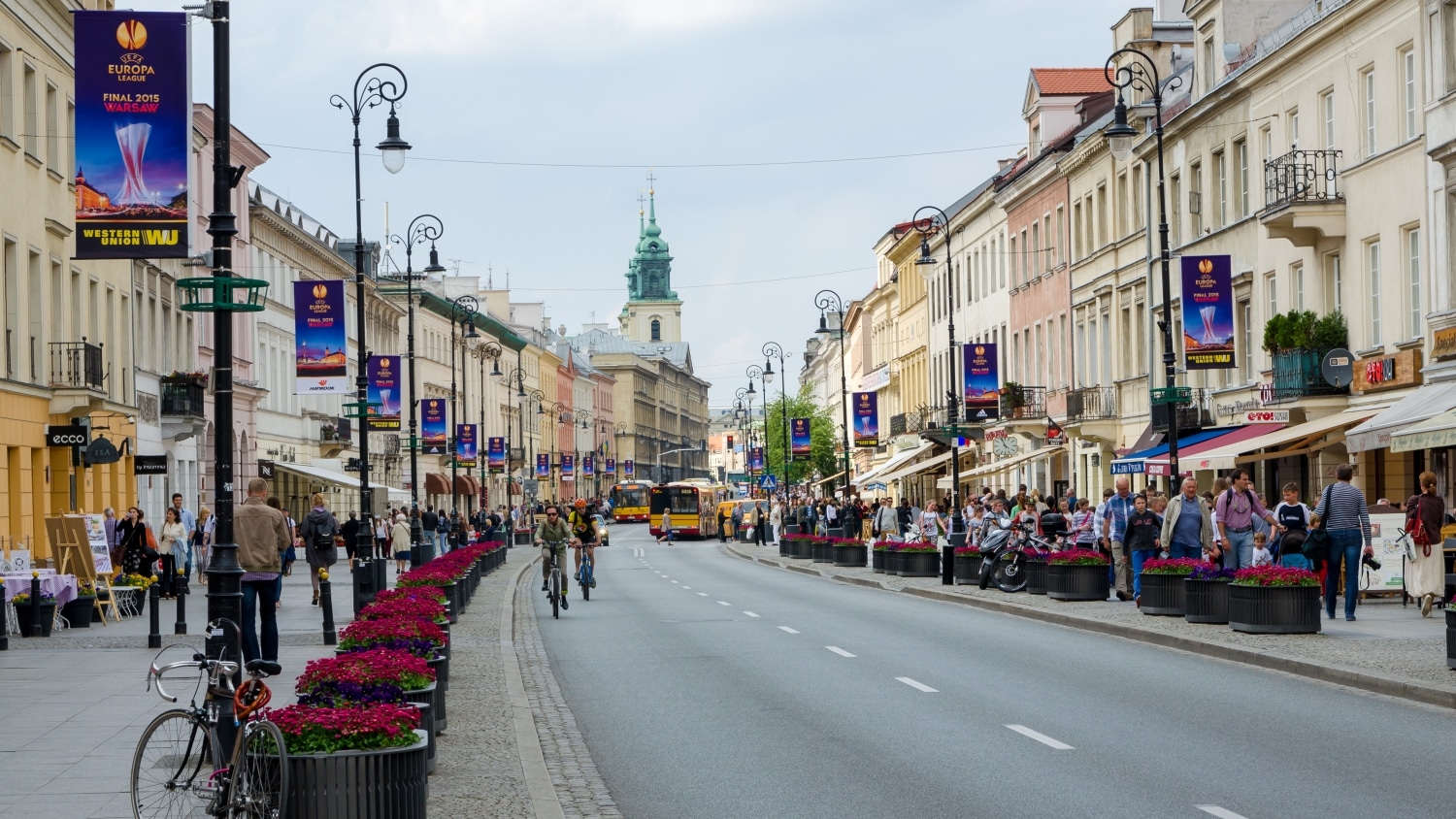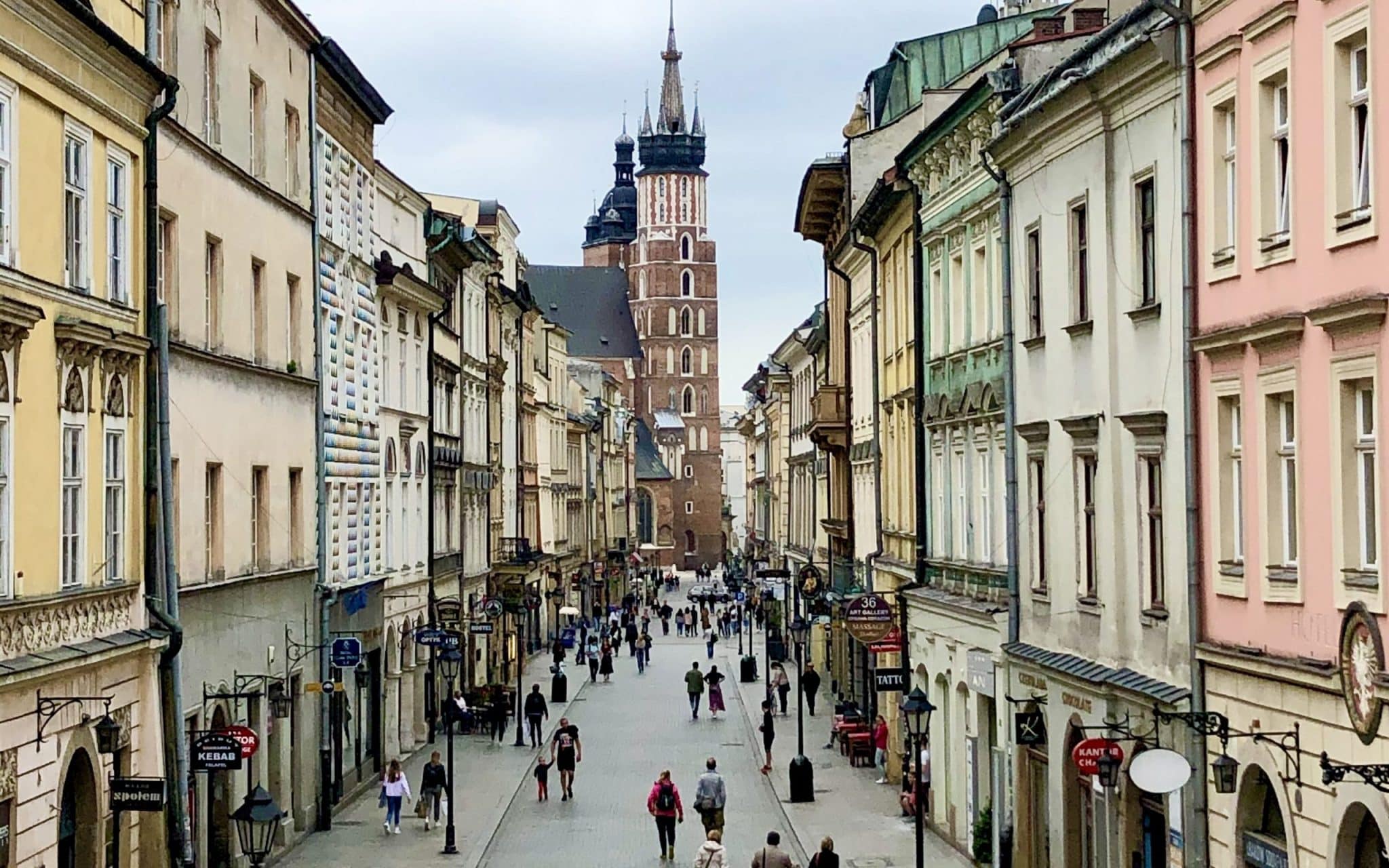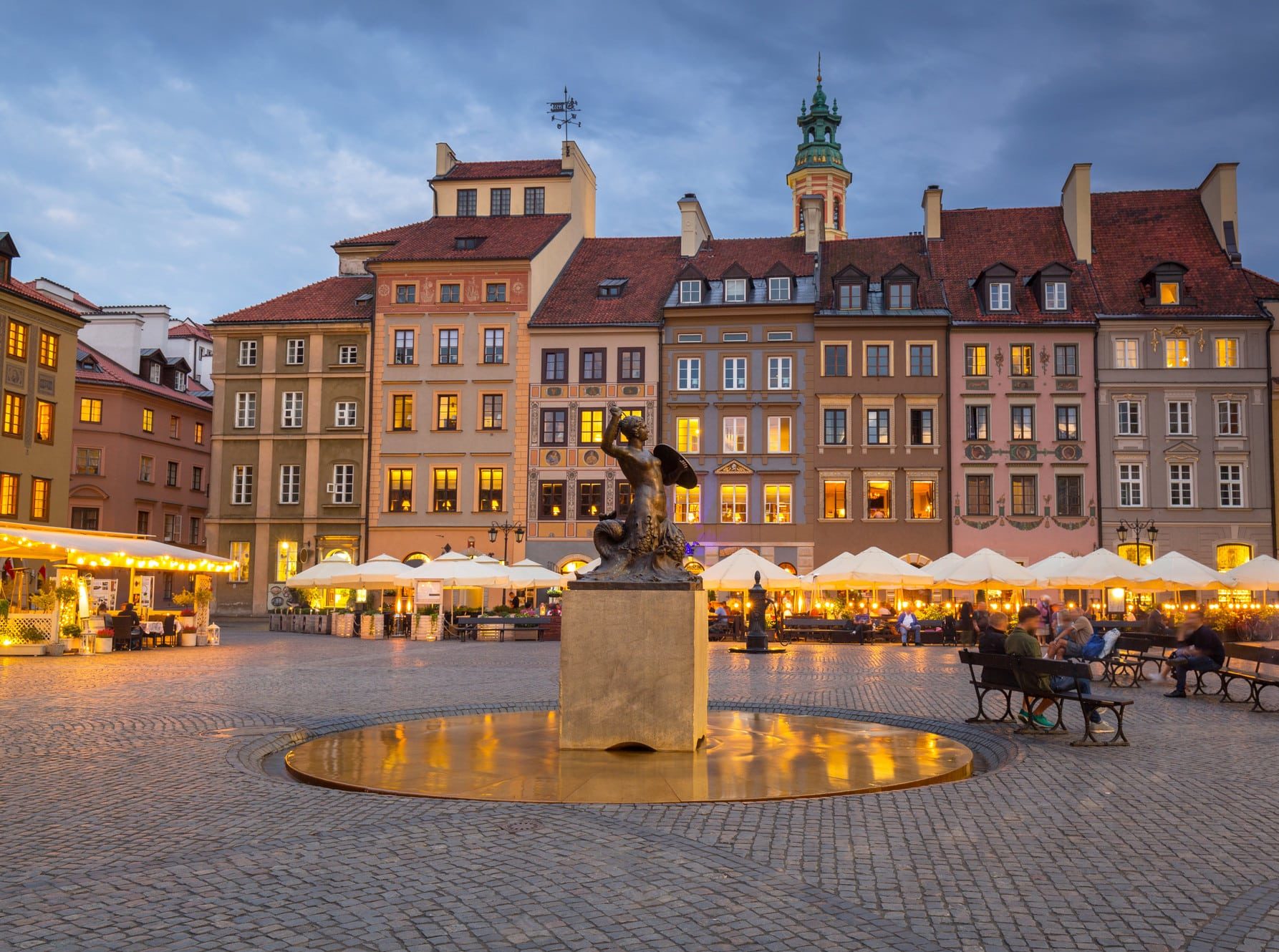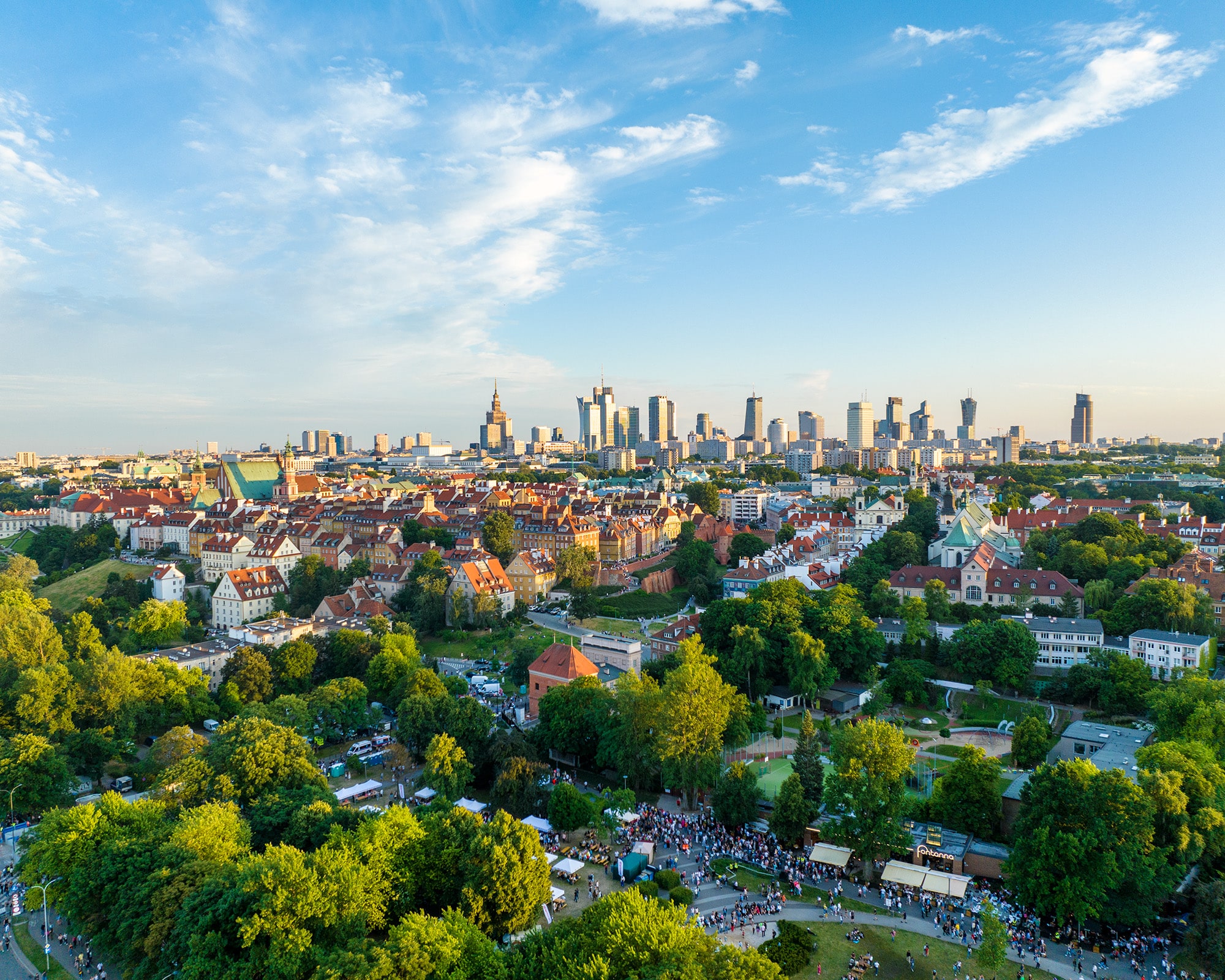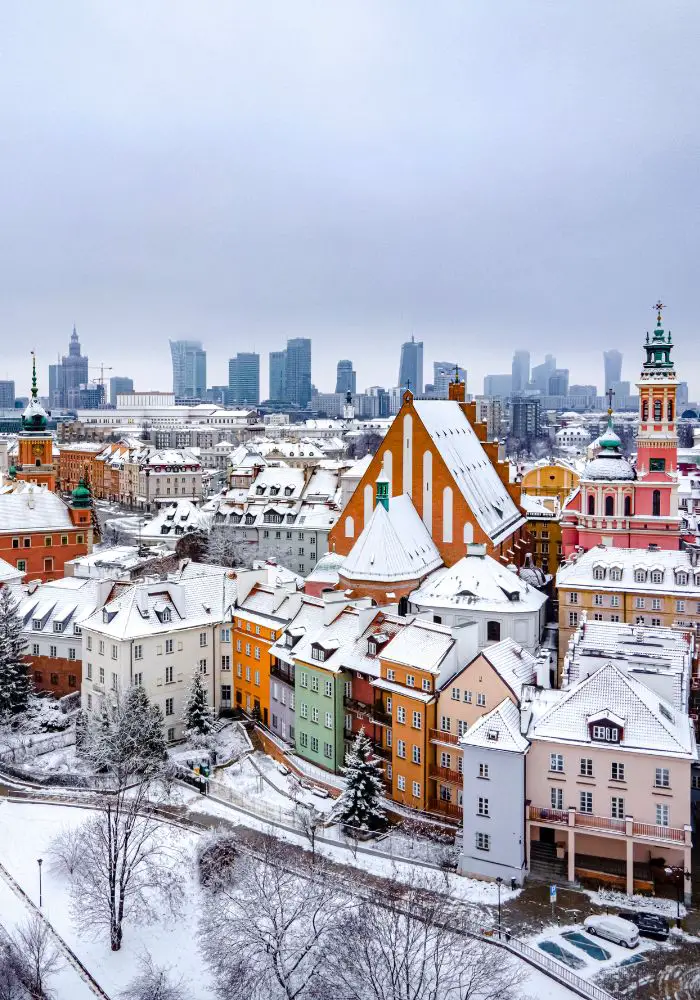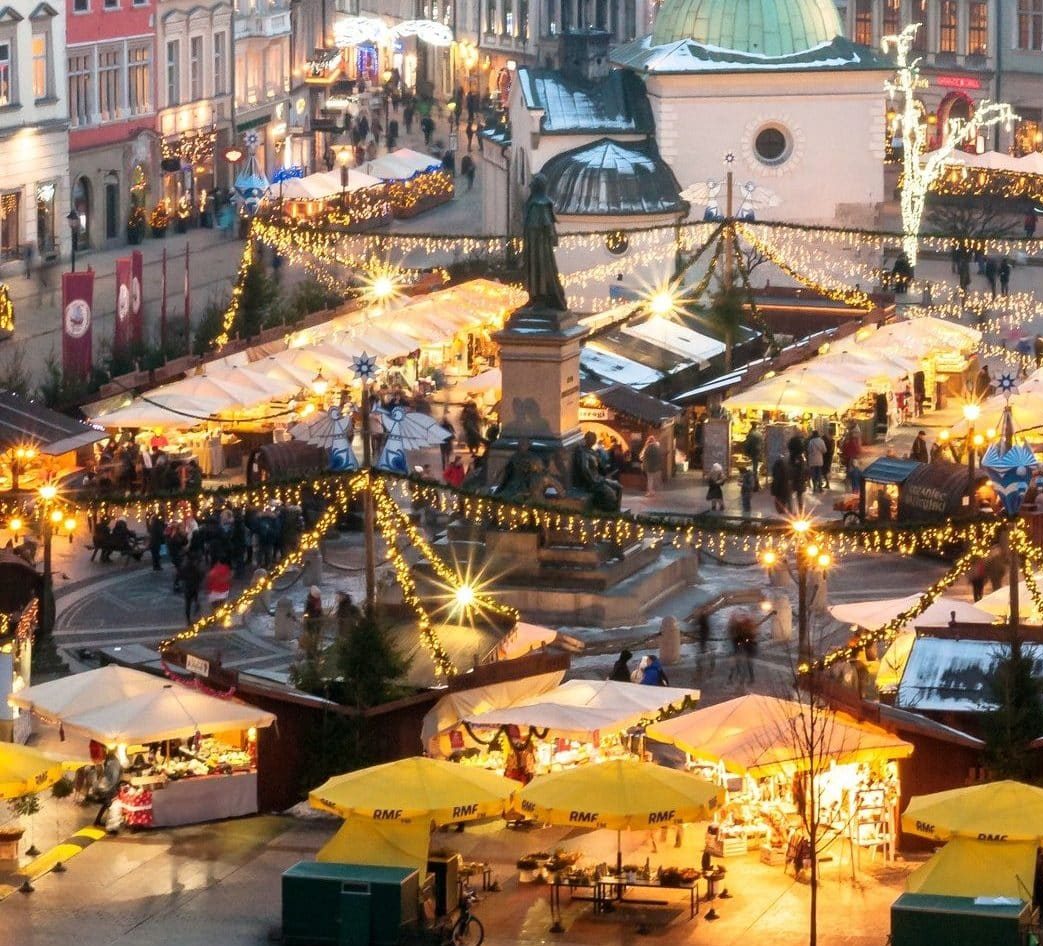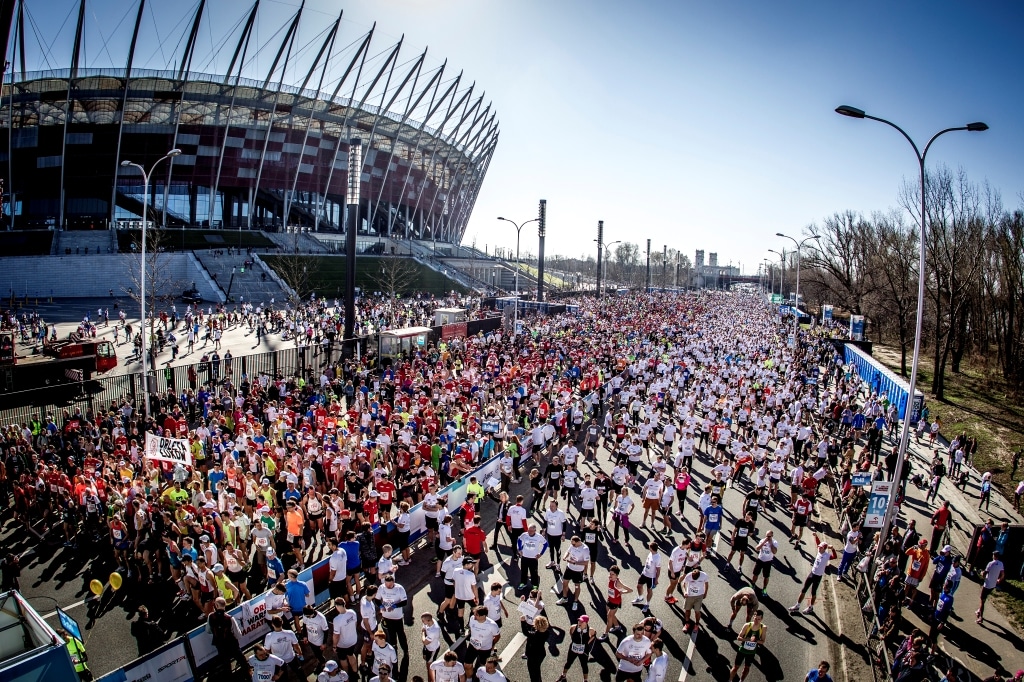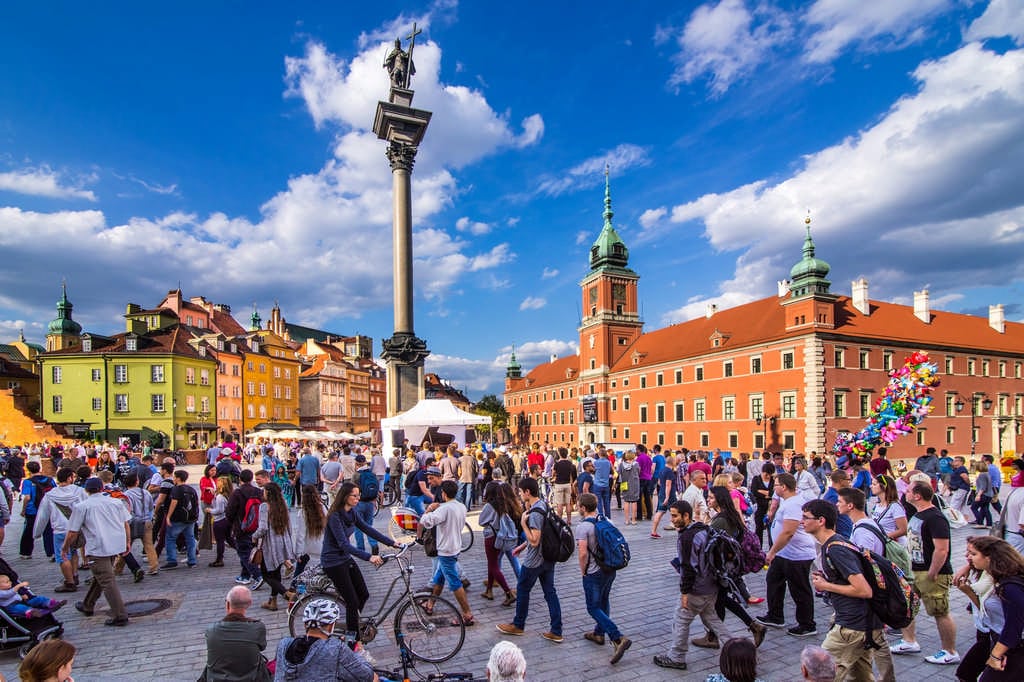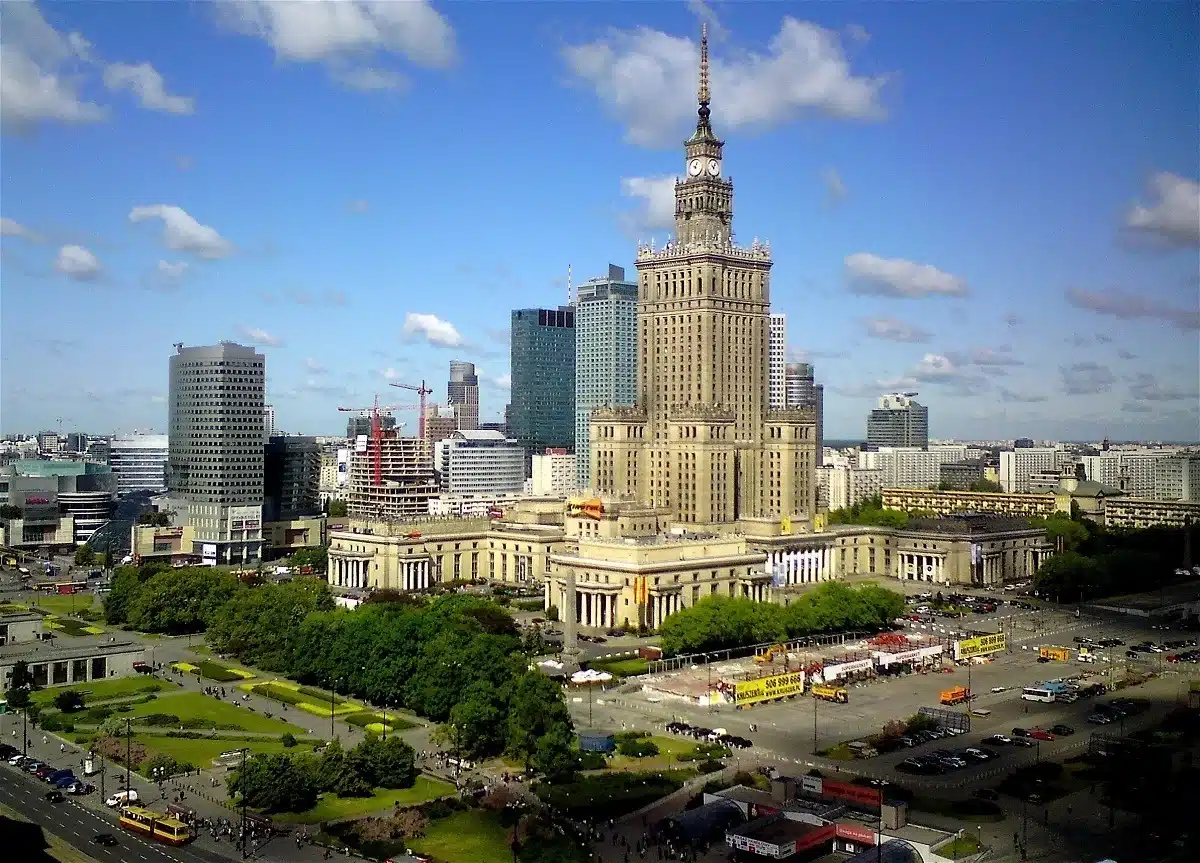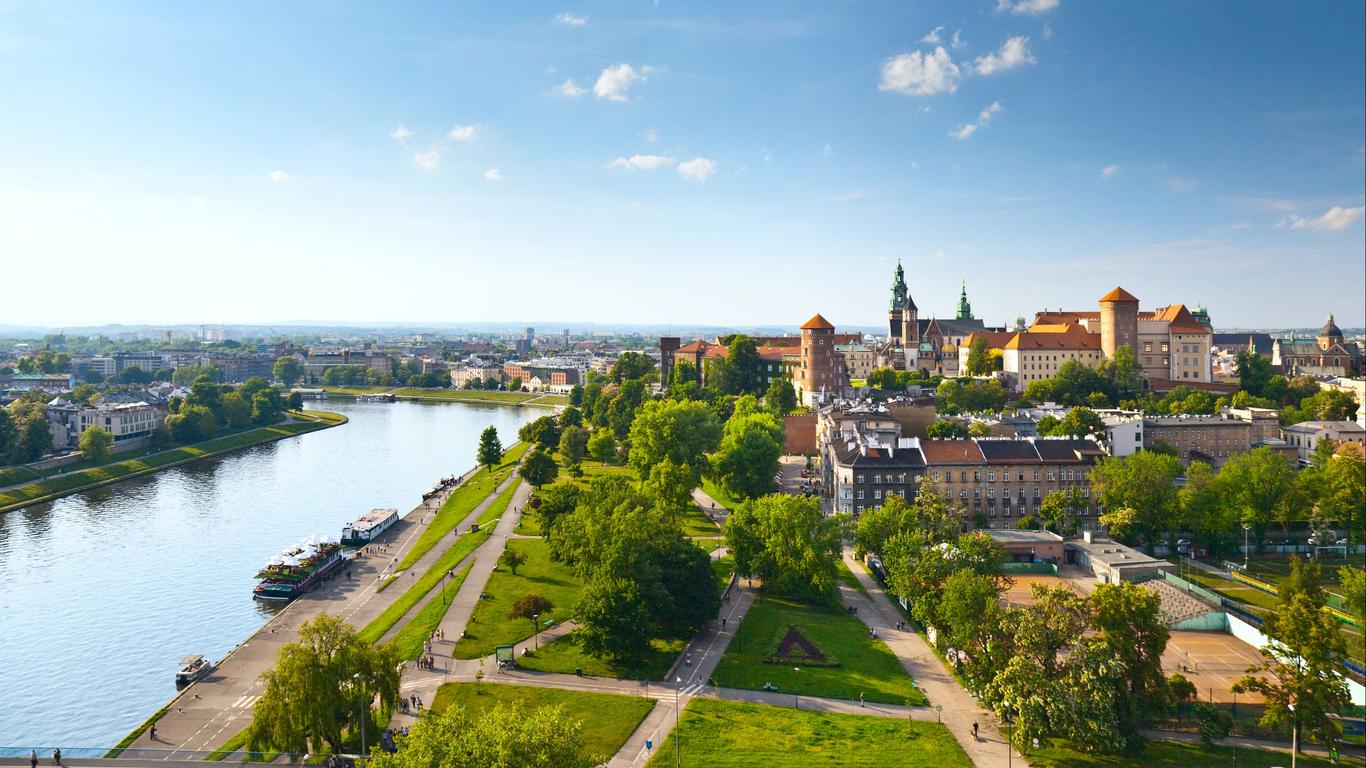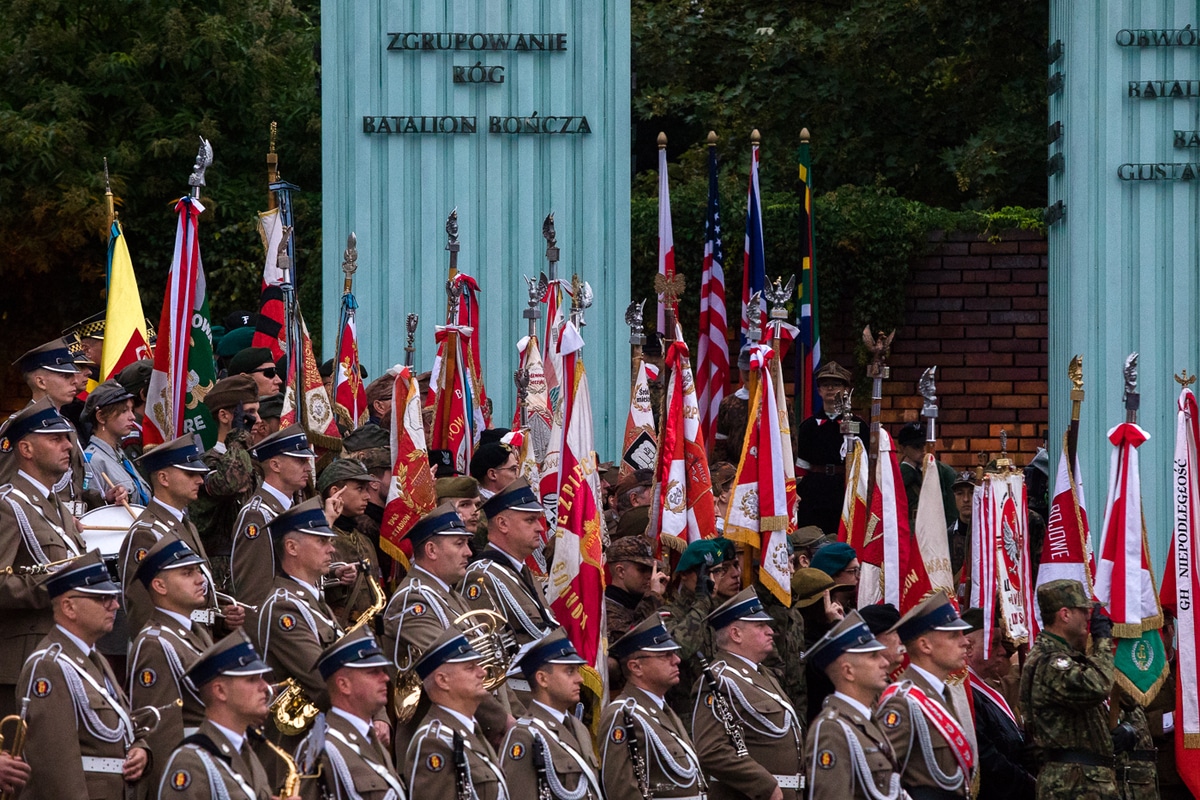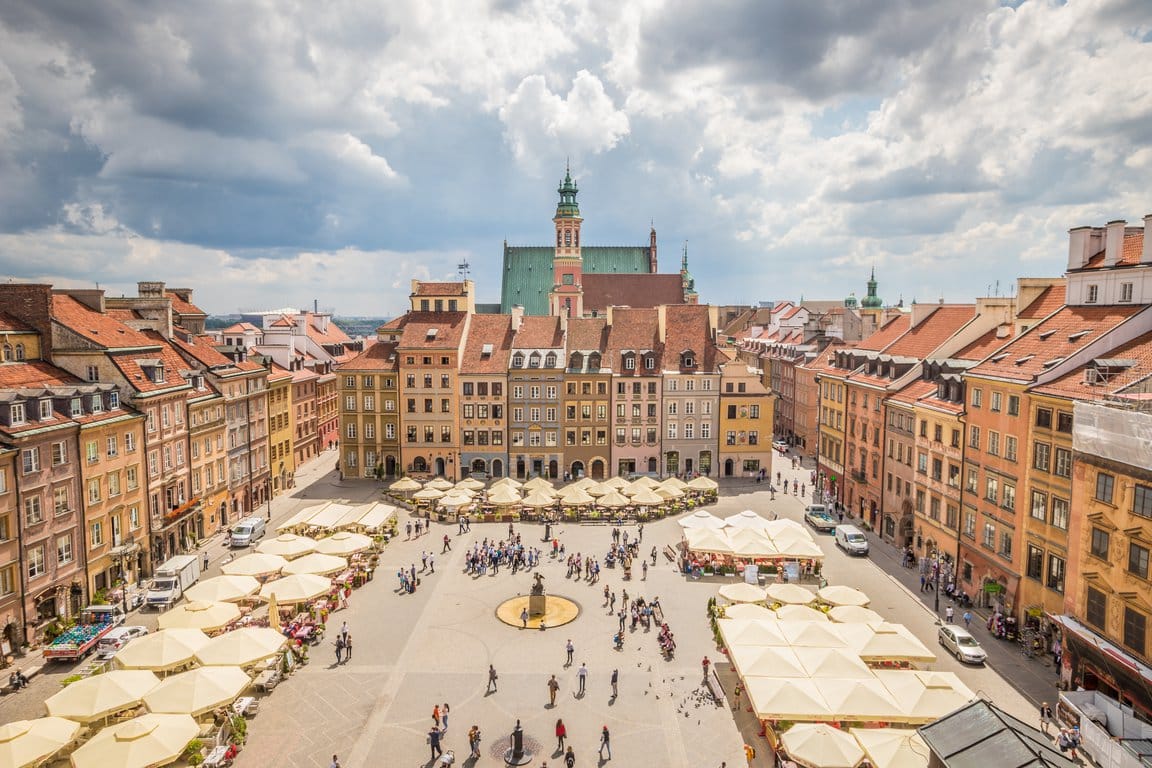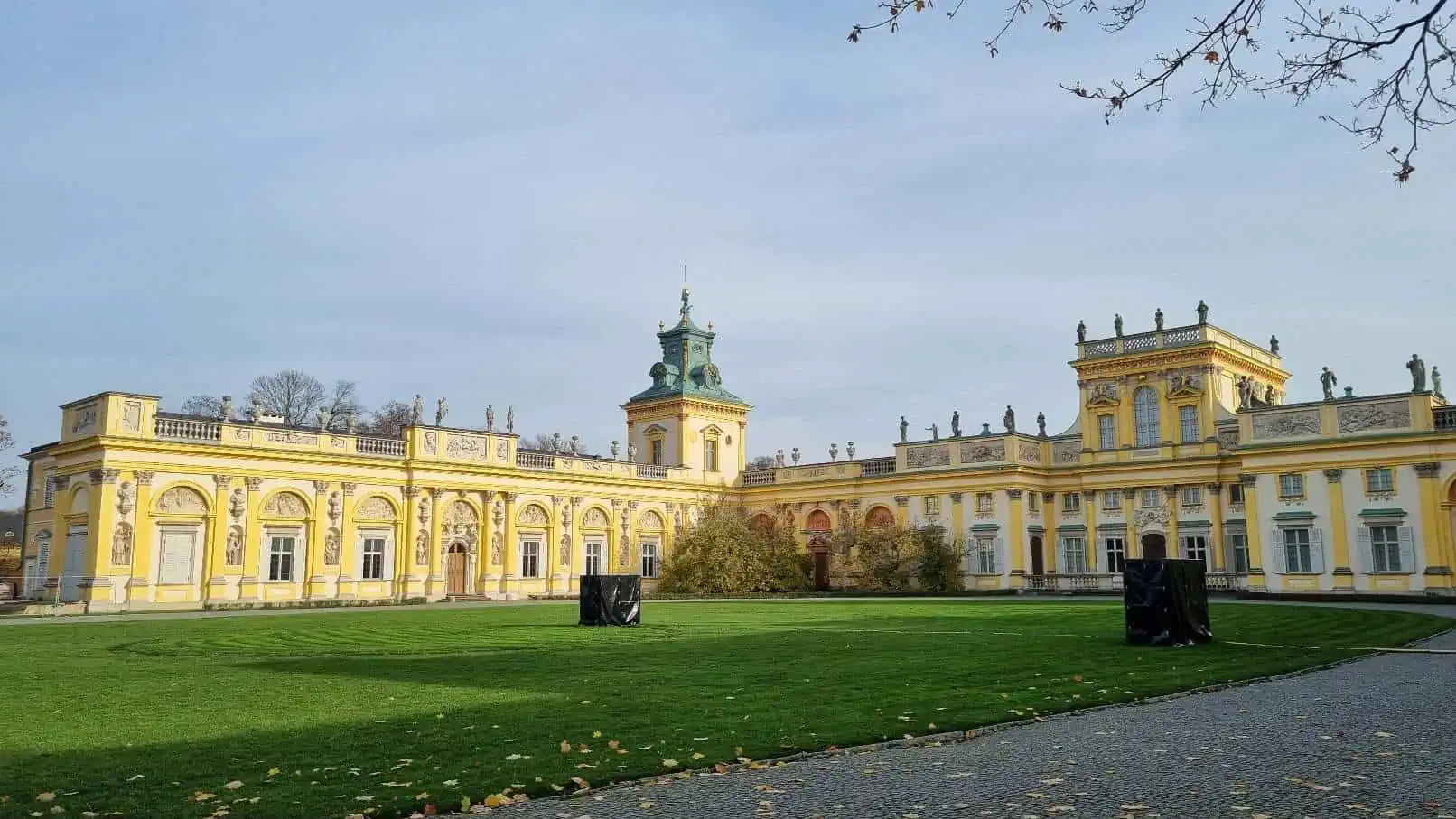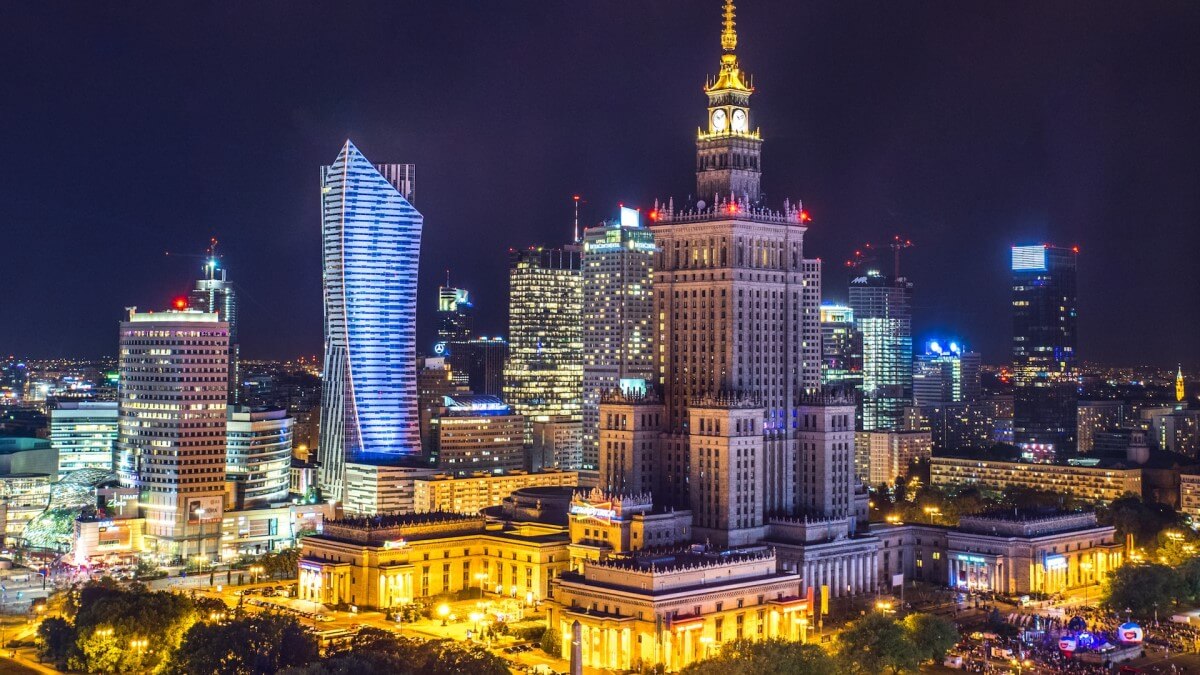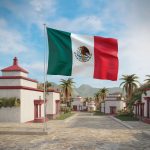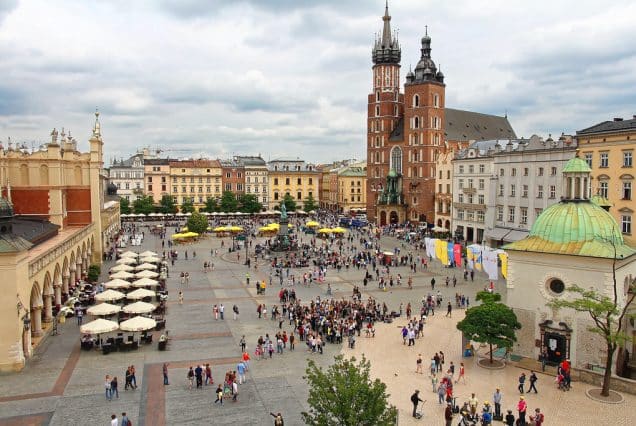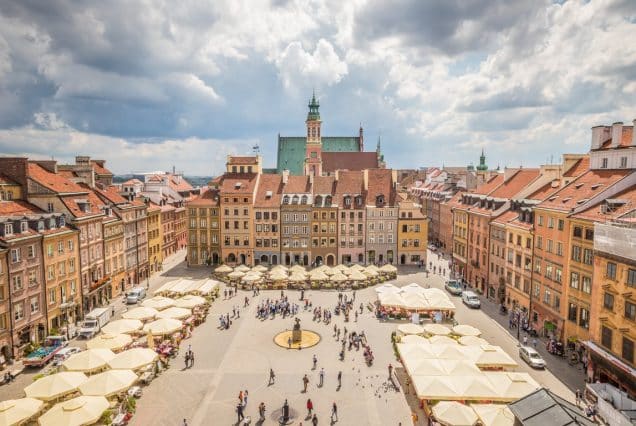

Discover Poland
Sights
Map
Info
Poland is an attractive destination for history and culture enthusiasts, offering modern amenities and warm hospitality. When planning your trip, it’s useful to be informed about visa and passport requirements, transportation and accommodation options, as well as dining and cultural practices. Additionally, understanding the local cuisine, shopping opportunities, and language barriers can make your visit more enjoyable.
Visa and Passport Requirements
Schengen Visa: Poland is part of the Schengen Area, so many visitors can enter with a Schengen visa.
Passport Validity: Your passport should be valid for at least six months beyond your visa’s expiration date.
Visa-Free Travel: Non-EU citizens may stay visa-free for up to 90 days, depending on their nationality.
Transportation
Public Transport: Poland has a well-developed public transportation system with buses, trams, and metros, particularly useful in major cities.
Trains and Buses: Intercity travel is affordable and widely used, with trains and buses being popular options.
Car Rental: Renting a car is convenient, especially for exploring rural areas, but be mindful that traffic flows on the right.
Accommodation
Hotels: Poland offers a wide range of hotels to suit any budget, from luxury options to more affordable accommodations in major cities and tourist areas.
Boutique Hotels and Hostels: Affordable boutique hotels and hostels are common, particularly for younger travelers.
Rental Apartments: Rental apartments are popular for longer stays, offering more freedom and flexibility.
Dining
Local Dishes: Polish cuisine is famous for traditional dishes like pierogi, bigos, and żurek.
Restaurants: In major cities, you’ll find restaurants offering a variety of international cuisines.
Cafés: Cafés are ideal for enjoying local flavors and international coffee culture, especially in cities like Kraków and Warsaw.
Cultural Considerations
Hospitality: Poles are generally very hospitable and place great importance on politeness in social interactions.
Religious Sensitivity: Poland has a strong Catholic tradition, so being respectful during religious holidays and church visits is important.
Tipping: Tipping in restaurants and taxis is customary, usually around 10% of the bill.
Language
Polish: The official language is Polish; while English is widely spoken in major cities, you might encounter language barriers in rural areas.
Translation Apps: Using translation apps or learning a few basic Polish phrases can help bridge the language gap.
Technology and Communication
Wi-Fi Access: Wi-Fi is widely available in Poland, with most cafés, restaurants, and hotels offering it for free.
Mobile Operators: Local SIM cards are easily available with affordable data plans, making communication cost-effective.
Shopping and Payment
Credit Cards: Credit cards are widely accepted in large cities, though small businesses may prefer cash.
Shopping Centers: Modern shopping malls are found in major cities like Warsaw and Kraków.
Bargaining: Bargaining is common and expected in traditional markets and street stalls.

